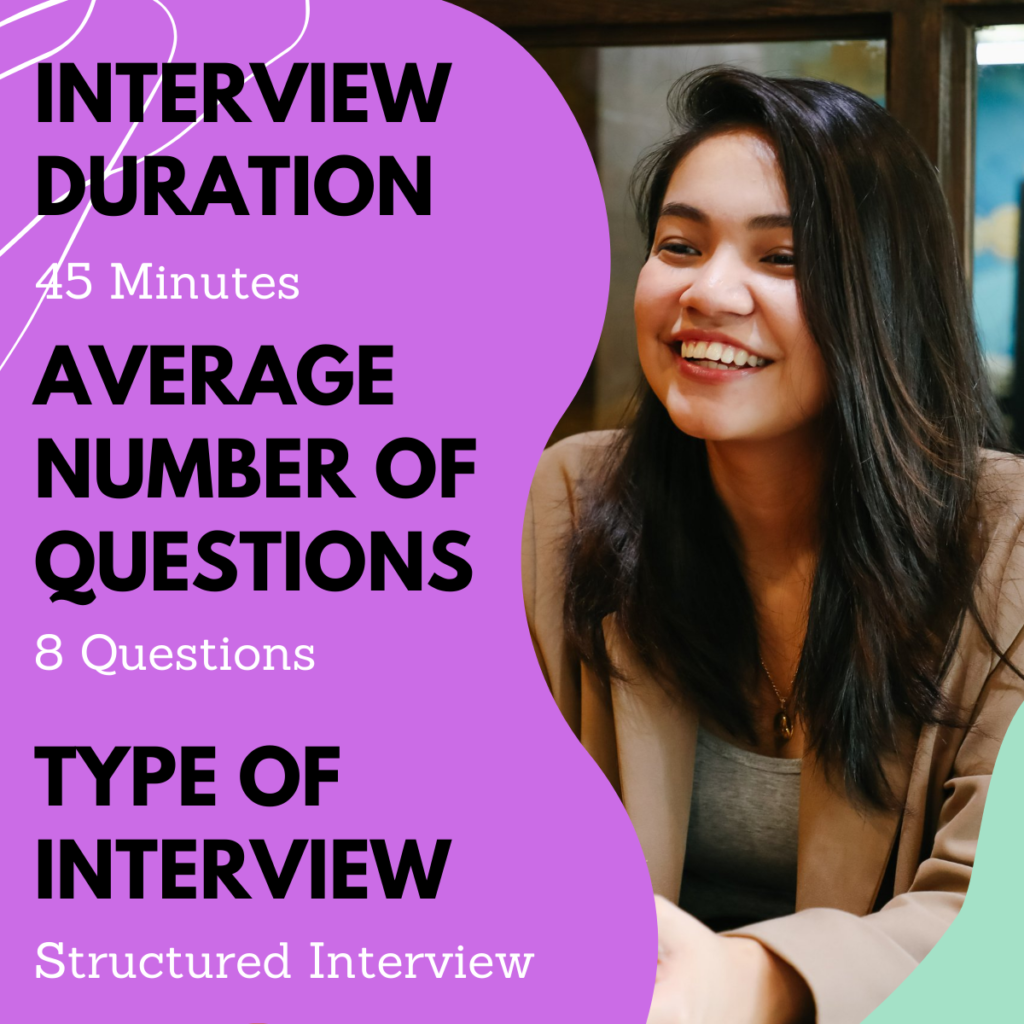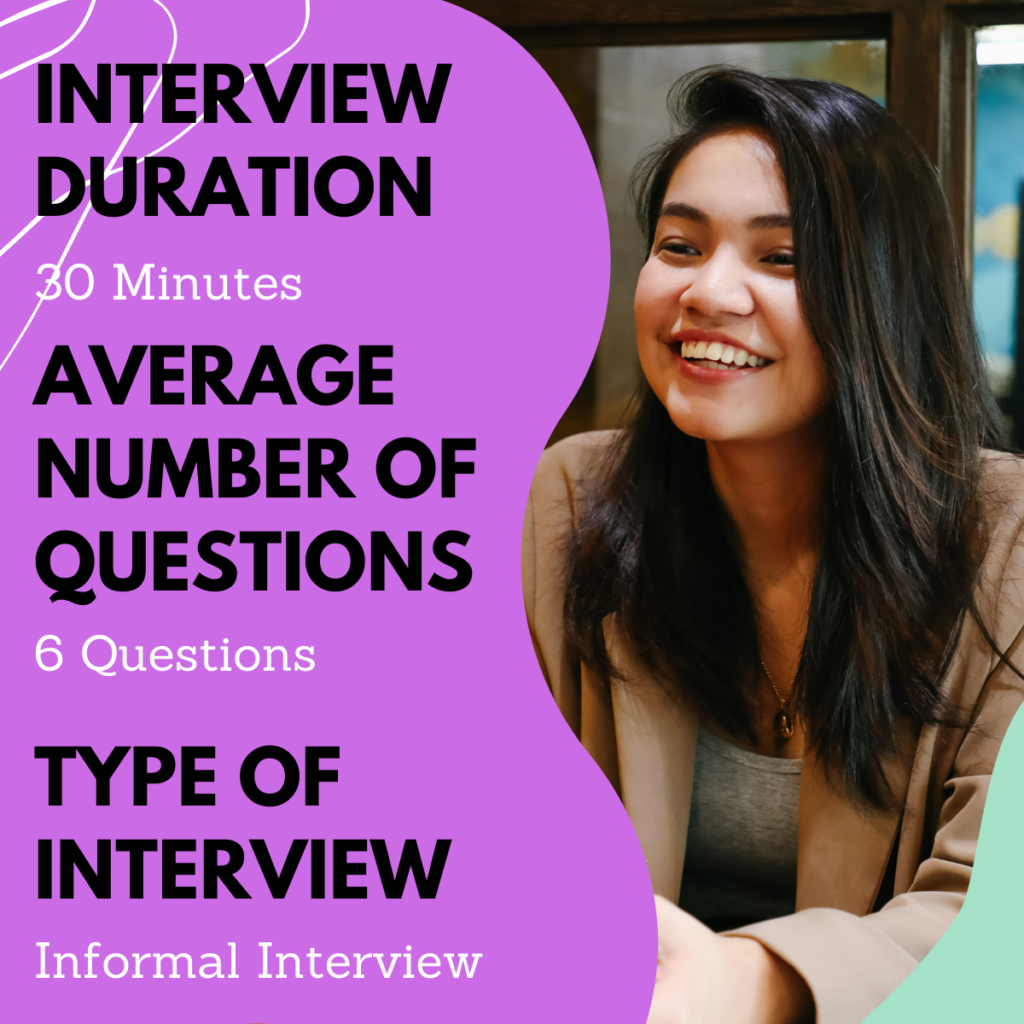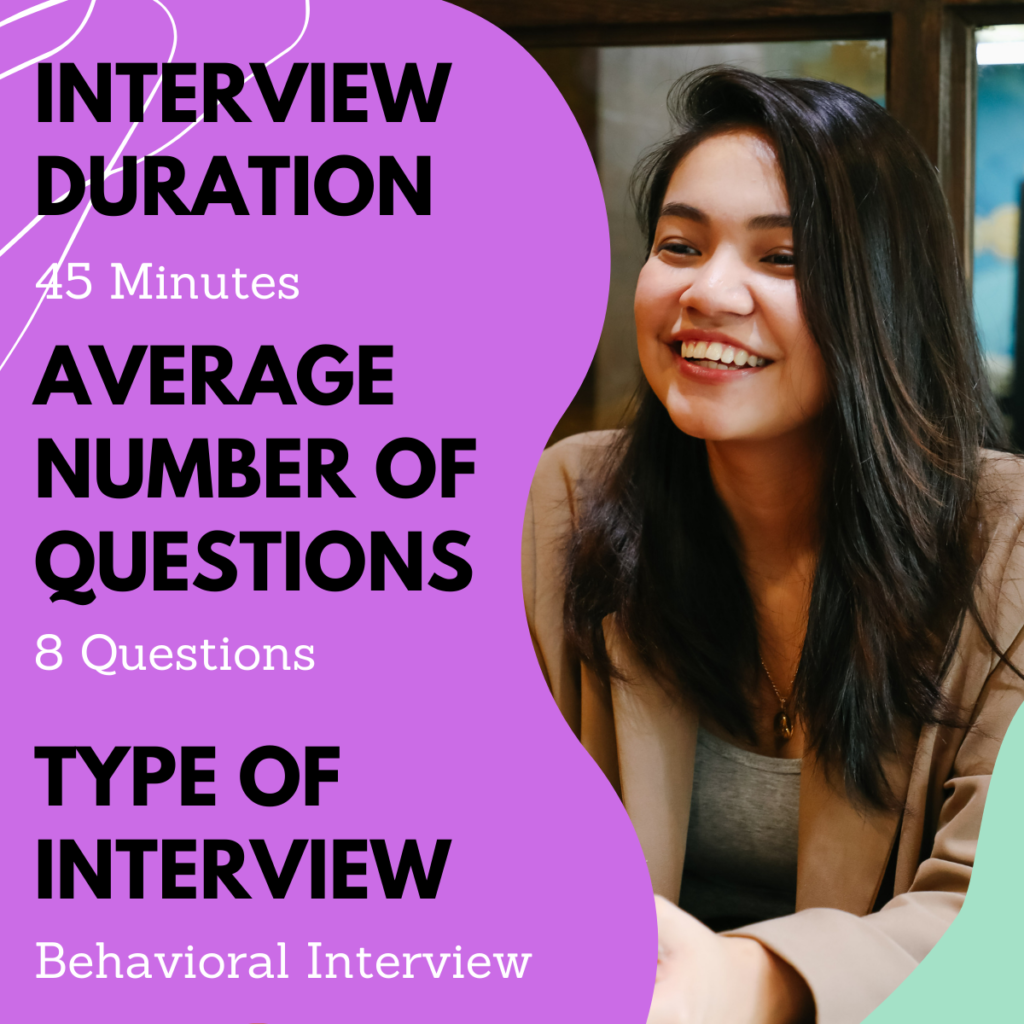
Anyone reading this article is likely to be preparing for a customer service job interview. Interview preparation (and practice) highly increases the likelihood of a successful interview outcome. So far, so good.
Their first mistake, though, is the ambiguity of ‘customer service interview questions’.
The questions asked in a customer service interview demand on the sector the customer service role is in. I’ve outlined a few below to make my point:
- Retail:
- Cashiers
- Sales Associates
- Store Managers
- Online Order Support
- Returns and Exchanges Support
- Hospitality and Travel:
- Hotel Receptionists
- Concierge Staff
- Travel Agents
- Event Coordinators
- Flight Attendants
- Healthcare:
- Medical Receptionists
- Patient Service Representatives
- Call Center Agents for Health Insurance
- Pharmacy Support Staff
- Medical Billing Representatives
- Telecommunications:
- Customer Service Representatives
- Technical Support Specialists
- Billing Inquiries Support
- Account Managers
- Finance and Insurance:
- Bank Tellers
- Insurance Claim Representatives
- Mortgage Support Specialists
- Customer Service Agents for Online Banking
- E-Commerce:
- Online Support Agents (via email, chat, or phone)
- Order Processing Representatives
- Shipping and Returns Specialists
- Social Media Support Teams
- Technology:
- IT Support Technicians
- Help Desk Support
- Software or Hardware Customer Support Representatives
- Food and Beverage:
- Waiting staff (servers, hosts/hostesses)
- Customer Service Representatives for Delivery or Pickup Services
- Catering Coordinators
- Education:
- Admissions Representatives
- Academic Advisors
- Campus Support Staff
- Real Estate:
- Property Managers
- Leasing Agents
- Customer Service for Property Maintenance
- Utilities and Energy:
- Customer Support Representatives
- Billing and Service Inquiries
- Technical Support for Service Disruptions
- Public Sector/Government:
- Public Information Officers
- Customer Service for Public Services (such as social services)
- Community Relations Staff
How competitive is a Customer Service job interview?

Employers, though, will ask specific questions depending on the specifics of the advertised position.
As an example, a travel agent customer service roles needs a different set of knowledge than a hotel receptionist.
To pass a job interview, job hunters need to:
- Understand the day-to-day duties (as the duties will be turned into the job interview questions) so they can predict the interview questions
- Be able to give detailed examples of customer service duties (in a self-promoting way)
- Communicate their interview answers positively and confidently
Custoemr Service Role Required Skills
- sensitivity and understanding
- a desire to help people
- teamwork
- communincation skills
- flexible working
- empathy
- listening skills

Below is a list of common asked customer service roles and answers that are used across the various sectors recruiting customer service staff members.
1. Can you share your customer service experience?
Answer:
“I’ve worked in retail for several years, primarily as a sales associate, where I’ve gained experience in helping customers with their needs, processing transactions, and maintaining store displays. I enjoy the fast-paced environment and find it rewarding to turn a shopping trip into a positive experience for customers. I’m known for my strong communication skills, attention to detail, and the ability to manage multiple tasks at once.”

2. Do you have experience of handling difficult or upset customers?
Answer:
“This is quite common. During my time as a sales associate, I often encountered customers who were frustrated about out-of-stock items or long lines at the register. I always made sure to listen carefully and empathize with their concerns. For example, one customer was upset about a product being out of stock for an event. I took the time to find a similar item and offered to have the original product shipped to them for free. This proactive approach helped calm the customer, and they left with a smile.”
3. Can you describe a time when you went above and beyond for a customer?
Answer:
“There was a time when a regular customer came in looking for a specific item that was no longer available in the store. After checking the inventory and confirming it was discontinued, I took the initiative to call nearby stores to find the item for them. I also offered to have the product shipped directly to their home at no extra charge. They were extremely appreciative and even returned to the store later to thank me in person. My manager highly praised me for using my innitaive”
Interview Specifics:

4. How do you prioritize your tasks when dealing with multiple customers?
Answer:
“In retail, multitasking is key, especially at Christmas time. If I’m on the sales floor helping a customer and another customer walks in, I acknowledge the new customer and let them know I’ll be with them shortly. If the first customer has a complex issue, I try to resolve it as quickly as possible without making the second customer feel neglected. For example, if I’m helping one customer at the register while another is looking for a product, I’ll quickly point them in the right direction and let them know I’ll assist them further once I’m done.”
5. Why do you like working in customer service?
Answer:
“I really enjoy customer service roles, I enjoy the personal connection that customer service in retail provides. In my previous job, I found satisfaction in not only helping customers find what they were looking for but also in making them feel valued. Retail customer service is rewarding because you get to make a real difference in someone’s day by providing excellent service, whether it’s offering product advice or ensuring a smooth checkout experience.”
6. How do you deal with stressful situations?
Answer:
“In retail, stress can come from busy shifts or handling multiple customer requests at once. I manage stress by staying organized and remaining calm. For example, during a holiday rush, I prioritize tasks based on urgency—helping customers with quick questions while ensuring the checkout line moves smoothly. When things get overwhelming, I take a deep breath and remind myself that it’s important to stay patient and focused to provide the best service possible.”
7. What would you do if you didn’t know how to help a customer?
Answer:
“If I didn’t know the answer to a customer’s question, I would first admit that I wasn’t sure, but I’d immediately offer to find the information. I once had a customer asking about a specific product feature I wasn’t familiar with. I told them I’d double-check with a colleague who was more knowledgeable and followed up within minutes with the right information. I always make sure the customer doesn’t leave without the help they need.”
8. How do you handle negative feedback from a customer?
Answer:
“When I receive negative feedback, I always listen without interrupting, acknowledging the customer’s frustration. One time, a customer was unhappy because they felt our store didn’t carry enough options in their size. I apologized for the inconvenience and asked if I could help them find a different style or color that might work for them. I also made a note to share their feedback with the store manager to look into improving our size range. The customer appreciated the gesture and left satisfied.”
9. How do you maintain a positive attitude while dealing with challenging customers?
Answer:
“Retail can be challenging, especially when dealing with upset or impatient customers. I stay positive by reminding myself that the customer’s frustration is often about the situation, not me personally. For instance, during a particularly busy weekend, a customer became frustrated with long lines. I kept a positive attitude by engaging with them during their wait, offering to answer questions, and keeping them updated on wait times. It helps to stay calm, show empathy, and focus on solutions.”
10. What do you think is the most important skill for customer service?
Answer:
“I believe the most important skill in customer service is empathy. In retail, understanding the customer’s perspective and addressing their needs can turn a potential negative experience into a positive one. I recall a situation where a customer was frustrated because they couldn’t find a product. By showing empathy and taking extra time to help them, I was able to find the product they needed and leave them feeling valued.
Check the average pay.
Get Interview Ready
To pass a job interview, it is important to predict the interview questions and practice delivering the interview answers confidently.
- Mock interviews help to practice an interview in full
- Re-writing interview answers helps with memory
- Talking at a slower pace (as interviewees then speed up due to nervousness) helps the employer to record your experiences and skills

Need help? Book an interview coaching session.

















